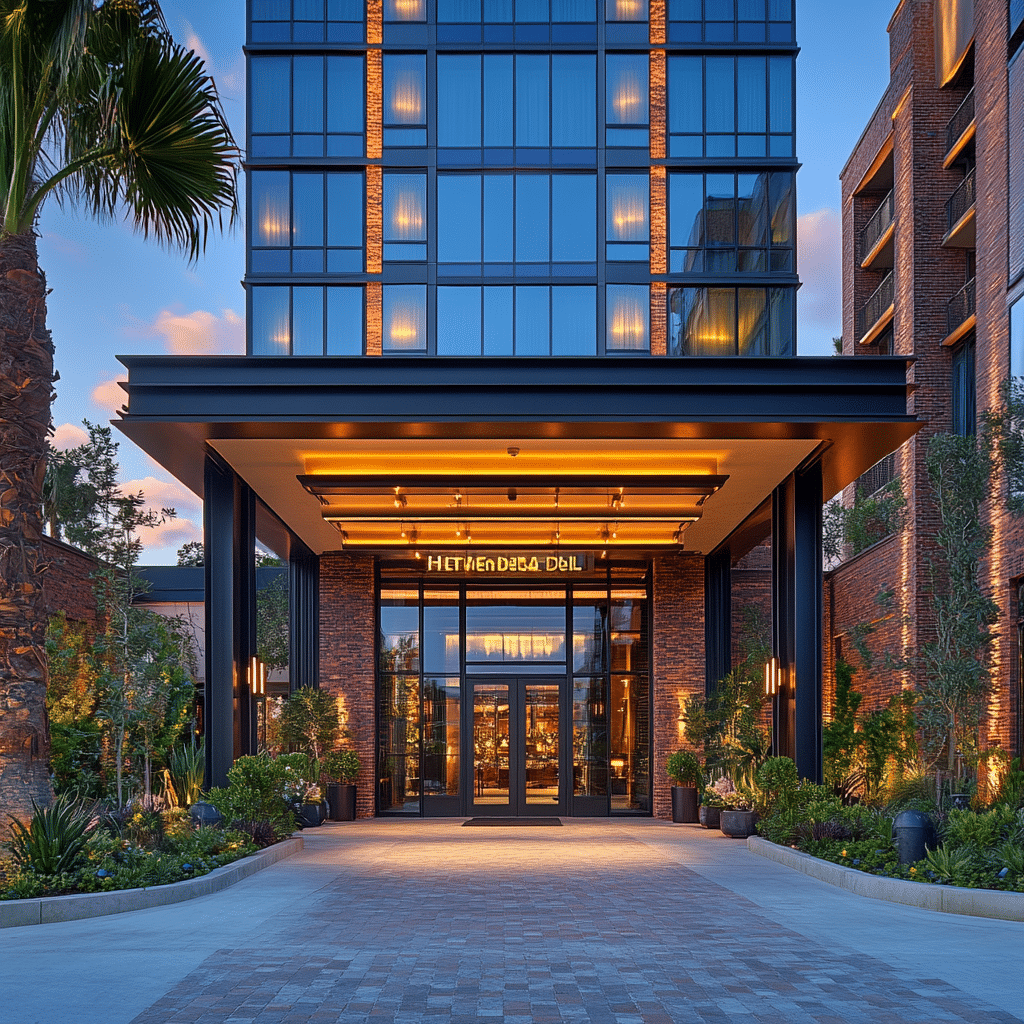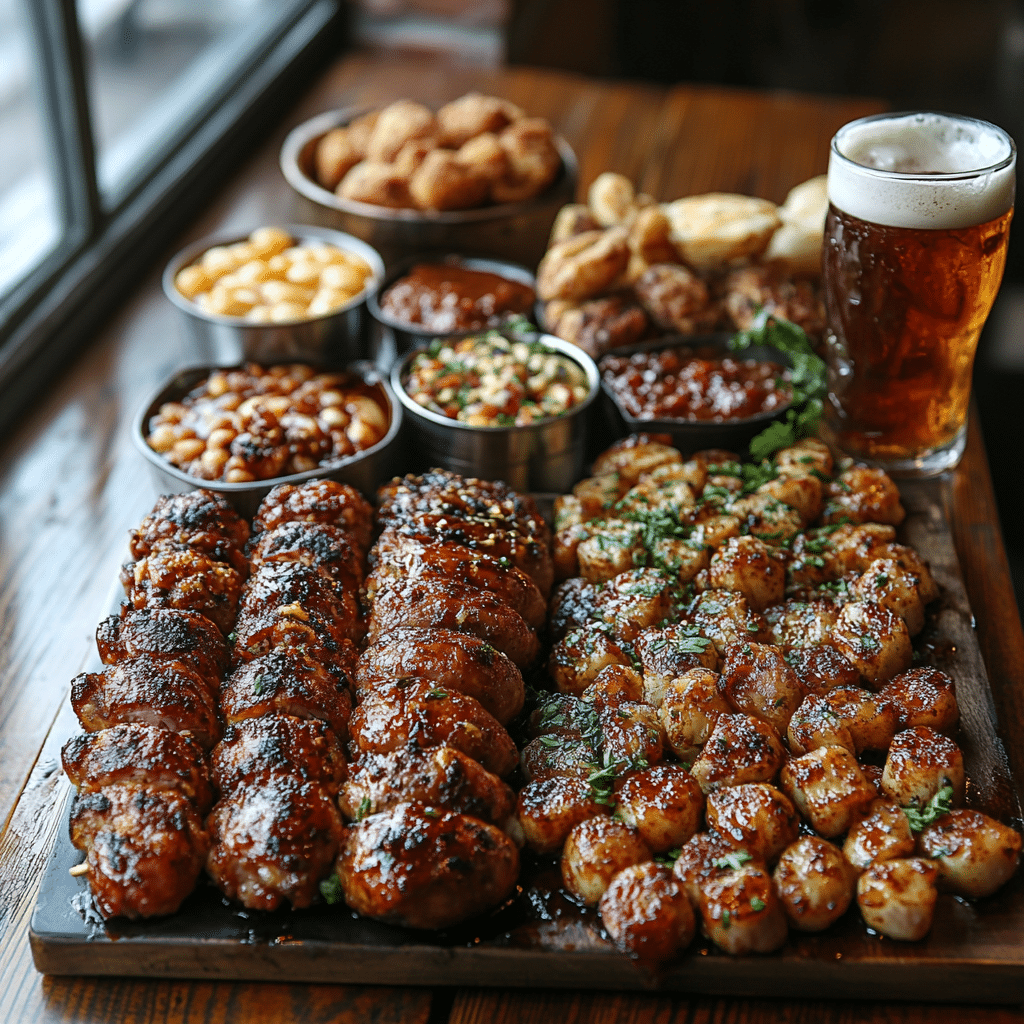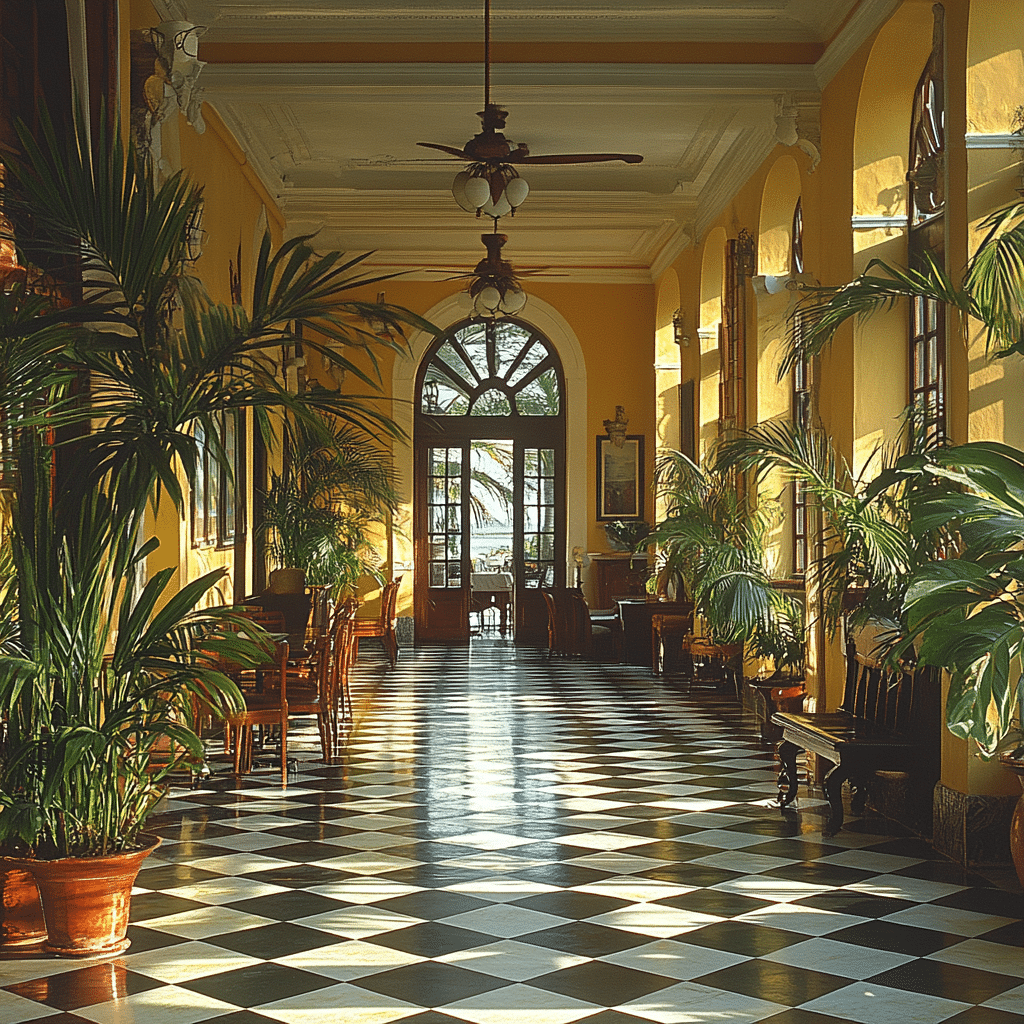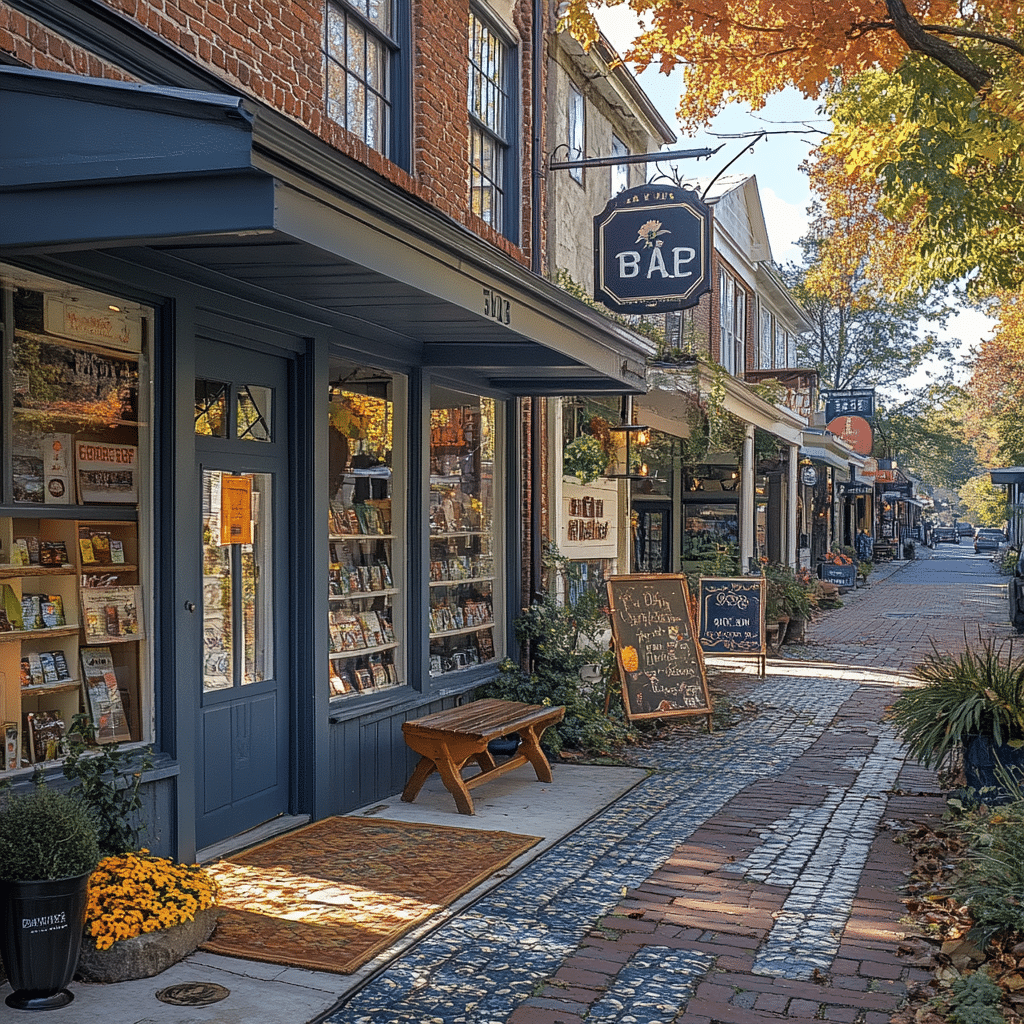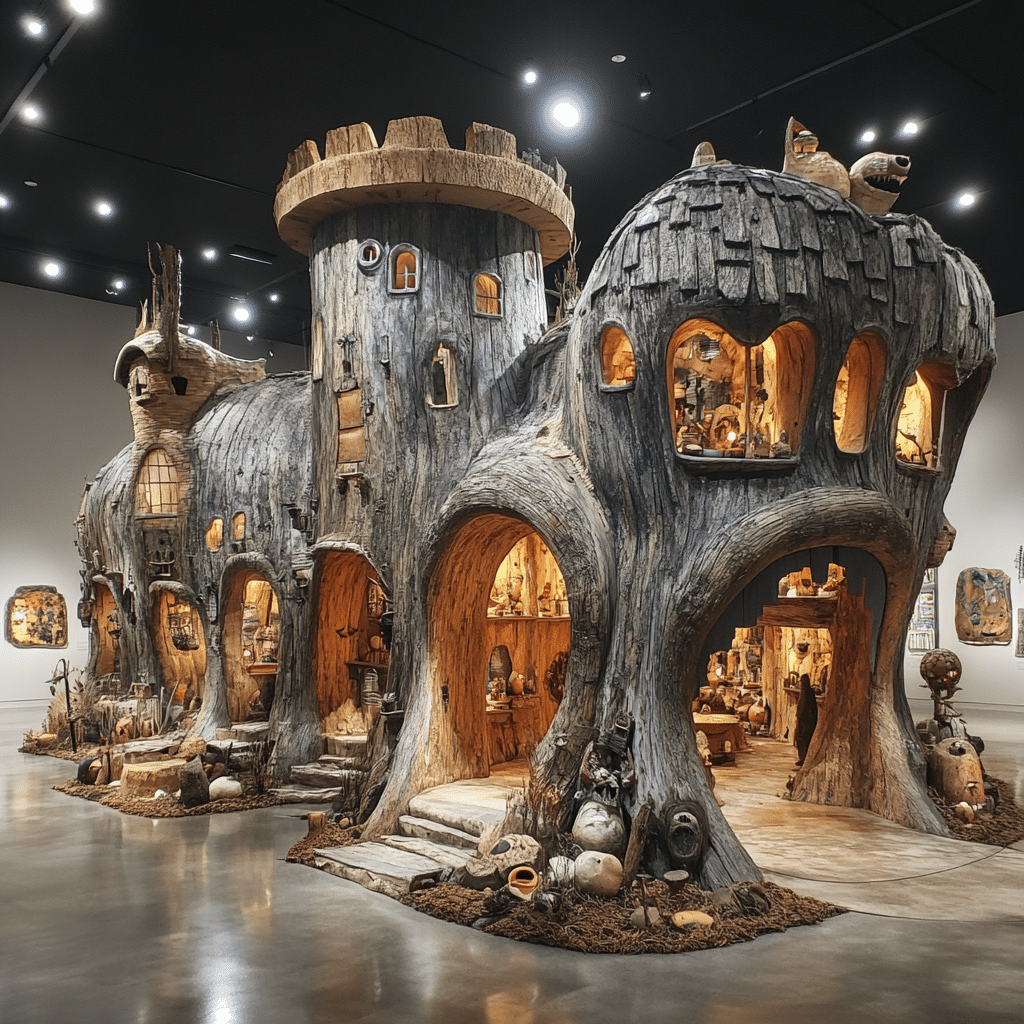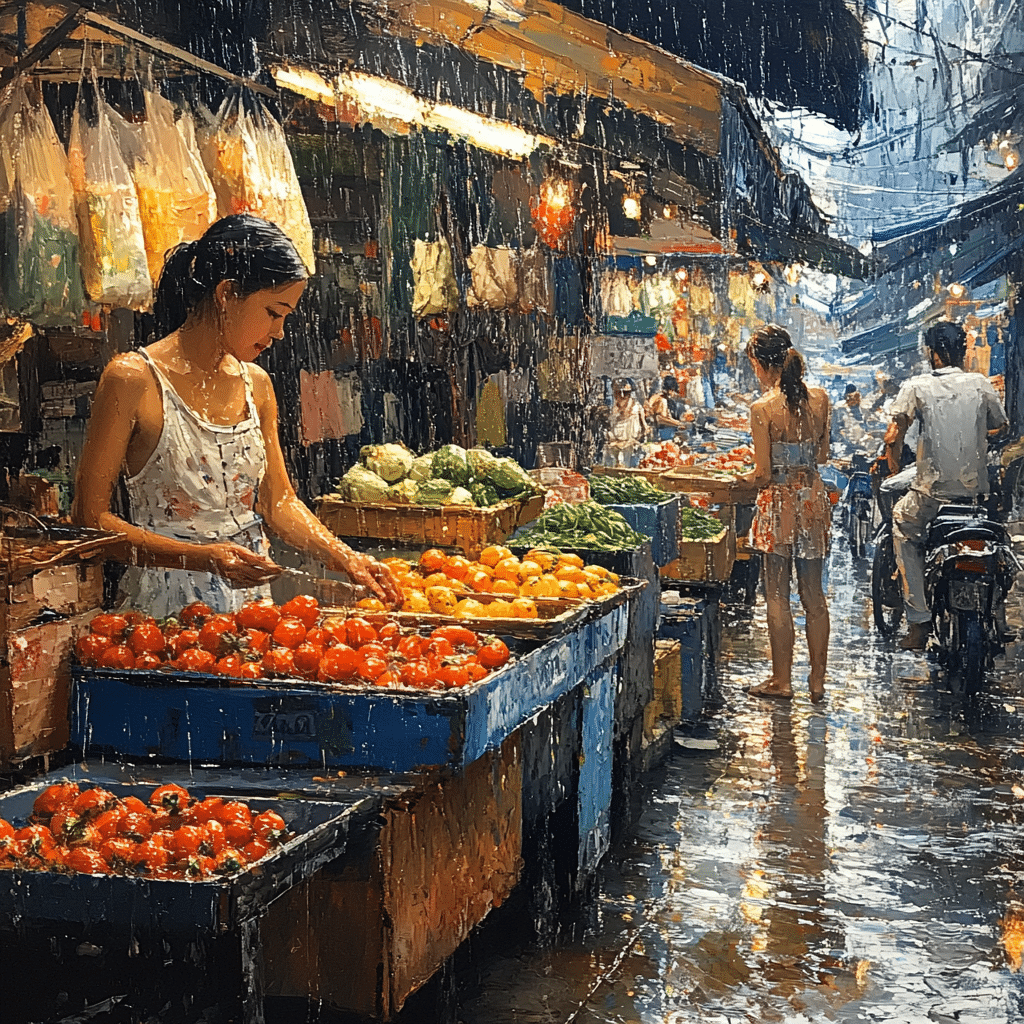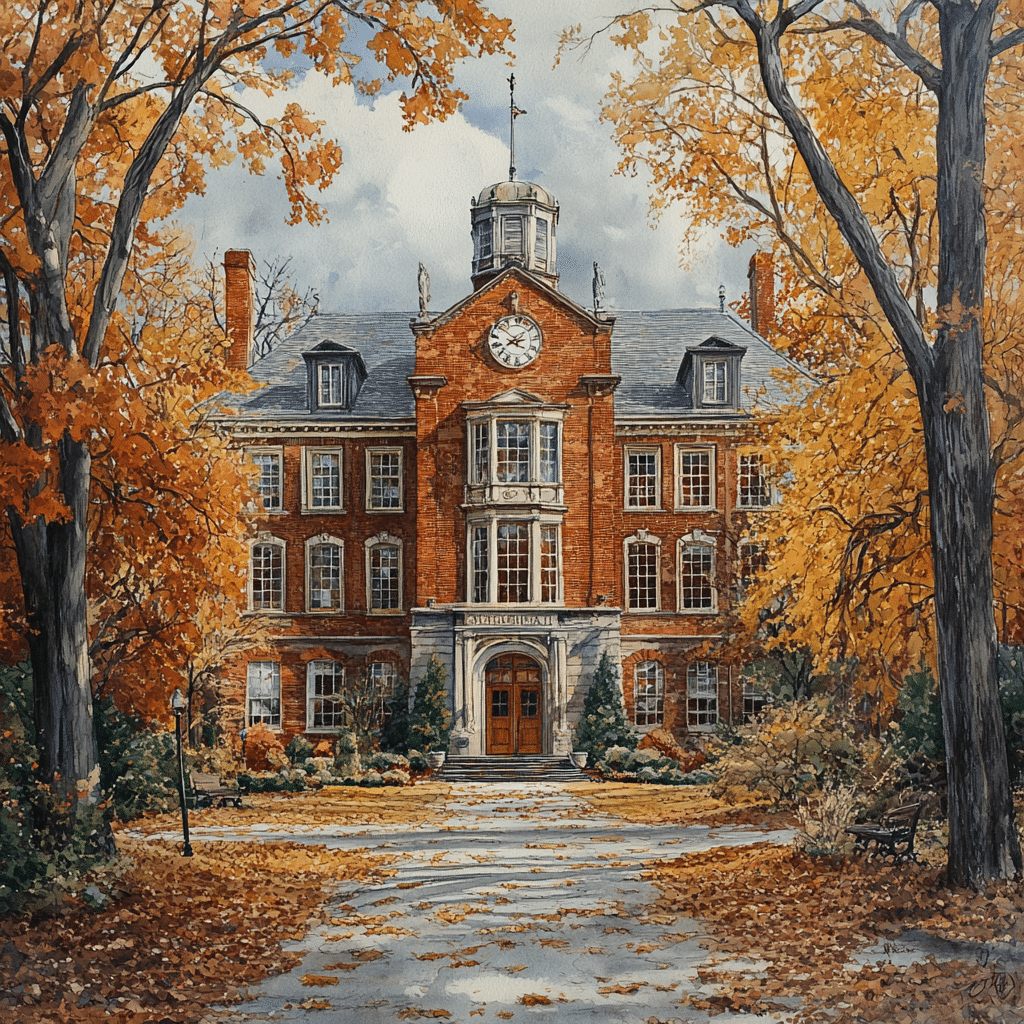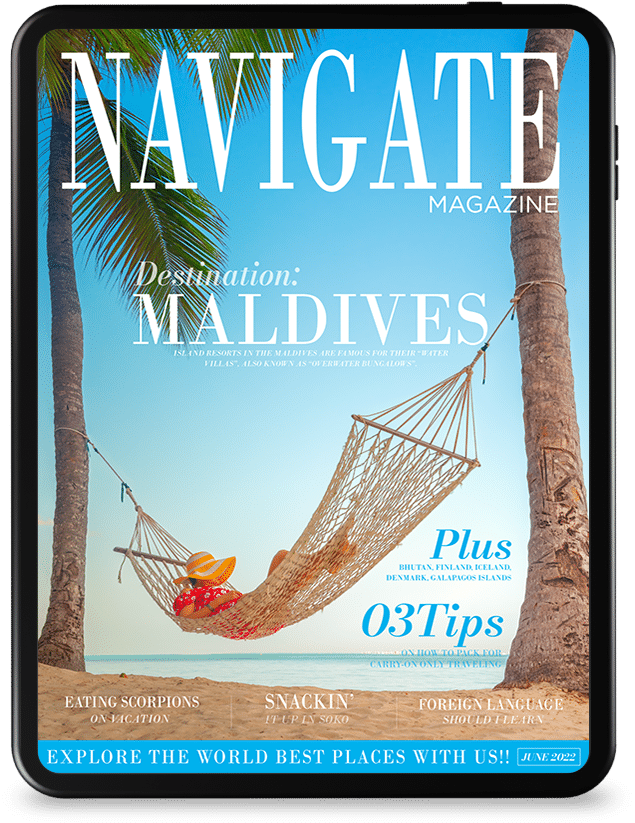Hong Kong Chinese identity is a rich tapestry woven from threads of history, culture, and social influences. The fusion of Eastern and Western traditions gives its inhabitants a unique viewpoint that differentiates them from mainland Chinese. As a Special Administrative Region of the People’s Republic of China, Hong Kong maintains a unique existence under the “one country, two systems” principle. Local customs, colonial history, and a flair for modernity contribute to a compelling identity—one that often finds itself at the crossroads of tradition and change.
Exploring the Nuances of Hong Kong Chinese Identity
Navigating life in Hong Kong often means balancing pride in one’s heritage with a desire for modern expression. The locals embrace Cantonese as their primary language, embodying the rich traditions and idioms that come with it. Interestingly, even though Hongkongers acknowledge their Chinese roots, many don’t identify wholly with the mainland. This sentiment has often sparked discussions about what it means to be Hong Kong Chinese—a distinction shaped by local dynamics.
Additionally, colonial influences have added layers of complexity to the city’s identity. While the British ruled for over 150 years, many aspects of Western culture mingled with local practices. This mingling extended to social habits, educational structures, and even culinary influences. In a city where East truly meets West, the Hong Kong Chinese identity is encapsulated in a culture that embraces both.
Throughout the city, one can observe how various elements coalesce to create a vibrant microcosm of global cultures. The existence of local festivals, markets, and cuisines reverberates with the essence of what it means to be Hong Kong Chinese—reflecting resilience, adaptability, and an enduring sense of community.
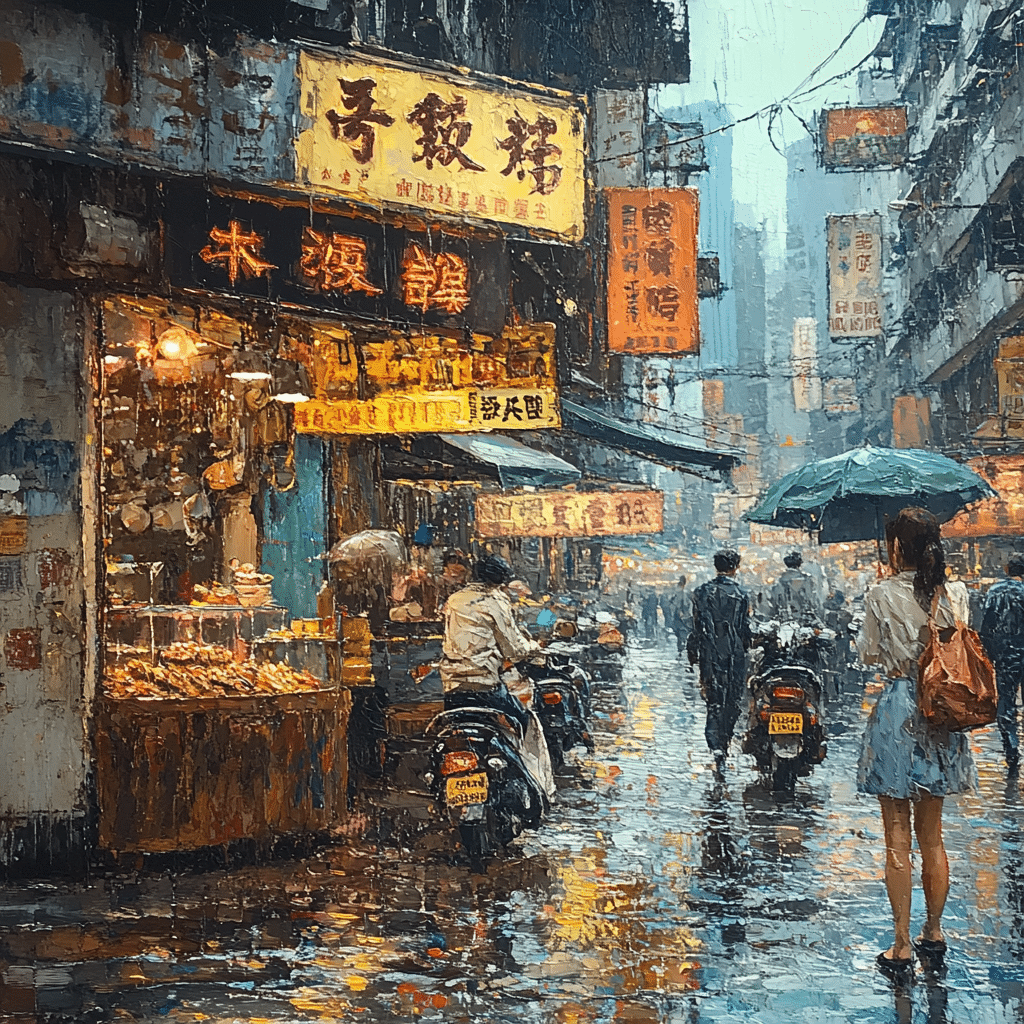
Top 5 Characteristics of Hong Kong Chinese Culture
The culinary landscape in Hong Kong is nothing short of magical. Here, diners can indulge in dim sum at renowned establishments like Tim Ho Wan, which boasts Michelin-starred dishes that echo age-old culinary practices. On the flip side, trendy locations like Yardbird embrace innovation with their yakitori-style offerings, showcasing the blend of cultures. Hong Kong buffets further highlight this culinary diversity, where guests can choose from a smorgasbord of international flavors.
Festivals like the Mid-Autumn Festival and Chinese New Year are cornerstones of Hong Kong culture. The city lights up with fireworks over Victoria Harbour, drawing attention to both traditional practices and modern entertainment. These celebrations are a window into the community’s spirit, blending joyous parades with intimate family gatherings that display a tapestry of emotions and experiences.
Cantonese isn’t just a language; it’s a vibrant part of Hong Kong Chinese identity. Local idioms like “Chok sam” capture the essence of community life and convey subtle social critiques. It’s a way for its speakers to navigate the city’s social fabric—to express frustrations and joys alike, resonating with both local and cultural narratives.
Take a stroll through Mong Kok or Central, and you’re met with the heartbeat of Hong Kong’s economy. Markets like the Ladies’ Market and Temple Street Night Market reflect the essence of local enterprise. Here, classic craftsmanship meets contemporary retail culture, creating a bustling atmosphere filled with energy, creativity, and connection among vendors and shoppers.
Institutions like the Hong Kong Museum of History and Hong Kong Arts Festival play an essential role in celebrating local culture. They represent spaces for dialogue, education, and appreciation. These venues not only invite Hongkongers to explore their history but also welcome international visitors who wish to engage with Hong Kong Chinese identity, creating an enriching cultural exchange.
The Role of Hong Kong Disneyland in Shaping Identity
Since its launch in 2005, Hong Kong Disneyland has become a symbol of cultural hybridization. The park harmonizes Western entertainment with beloved local customs. It reflects the aspirations and dreams of the Hong Kong Chinese people, adapting attractions and events to incorporate local traditions like “Lunar New Year” celebrations.
Yet, the recent socio-political climate poses challenges, influencing perceptions of the park. How the Disneyland brand has navigated these waters speaks volumes about identity negotiation in a globalized world. It’s not just a fun retreat; it’s a microcosm of how cultural expressions evolve in tandem with societal shifts.

Expressing Identity Through Fast Food: Hong Kong Express
The rise of Hong Kong Express and fast-food chains like it is a telling aspect of how the local population balances tradition and modern demands. While these eateries offer quick bites, they pride themselves on integrating local flavors—think pineapple buns and the ever-popular milk tea. These spots embody the fast-paced lifestyle while paying homage to the city’s culinary heritage.
Having fast-food outlets that echo local tastes allows Hongkongers to embrace their identity, even in everyday choices. Eating on the go has never tasted so good or felt so culturally resonant.
Engaging with the Future of Hong Kong Chinese Identity
In a rapidly evolving global landscape, the future of Hong Kong Chinese identity is about adaptation and resilience. As external influences intertwine with local narratives, new expressions of culture will emerge. Locals have a proven ability to blend nostalgia for their heritage with a keen eye for innovation.
This harmonious interplay will continue to celebrate and redefine Hong Kong identity. Culinary innovations, evolving traditions, and vibrant arts institutions will serve as pillars, asserting that the Hong Kong Chinese experience is dynamic and alive.
In the spirit of community and creativity, the heart of Hong Kong will keep beating—celebrating the multifaceted identity of its people while adding new chapters to its rich story. From the streets of Mong Kok to the vibrant showcases at cultural festivals, the essence of Hong Kong Chinese life resonates with a warmth that captivates locals and tourists alike, enriching the broader narrative of global culture.
Hong Kong Chinese: Culture and Trivia You Didn’t Know
A Blend of East and West
Hong Kong Chinese culture is a vibrant tapestry woven from traditional Chinese customs and colonial influences. This unique blend creates a fascinating lifestyle that includes a culinary scene renowned for its dim sum and street food delights. Did you know that the song “Lift Every Voice and Sing,” often called the Black National Anthem, resonates deeply across many cultures, including in the busy streets of Hong Kong? Its universal themes of hope and resilience mirror the ethos of the Hong Kong Chinese. And speaking of resilience, take a moment to explore how Chicano Park stands as a symbol of cultural pride in San Diego—much like how certain districts in Hong Kong celebrate their heritage through art and community engagement.
Daily Life with a Twist
Life in Hong Kong is anything but monotonous! The city buzzes with energy, from the mouthwatering street food stalls to bustling markets. Ever heard of platform Sneakers? They’re a trendy option for locals, blending style and comfort as they navigate the hilly streets. Meanwhile, the local community thrives in various spots, like The Corner bar, where friends gather to unwind after a long day. These social centers often host local talents, fostering a sense of belonging and shared identity among the Hong Kong Chinese.
Icons and Influences
Culturally, Hong Kong celebrates numerous influences with an iconic flair. Think of the beloved character Kisuke Urahara from anime, whose charming wit and resourcefulness can be paralleled with the spirit of the Hong Kong Chinese. Just as the character captures hearts, the town’s festivals, including the cheeky Dragon Boat Festival, capture the spirit of community and sportsmanship. An interesting tidbit: did you know that Jessica Barden, a rising star, once noted Hong Kong’s impact on her creativity? It’s clear that this vibrant city leaves an imprint on everyone who visits, offering endless inspiration reminiscent of unforgettable experiences in places like The Falls or even leisurely strolls along San Clemente Hotels.
Hong Kong Chinese culture truly stands out as a unique narrative of resilience, creativity, and community. Each aspect—be it food, festivals, or daily life—brings something fresh, drawing in both locals and visitors alike, making it a lively cultural hub worth exploring!
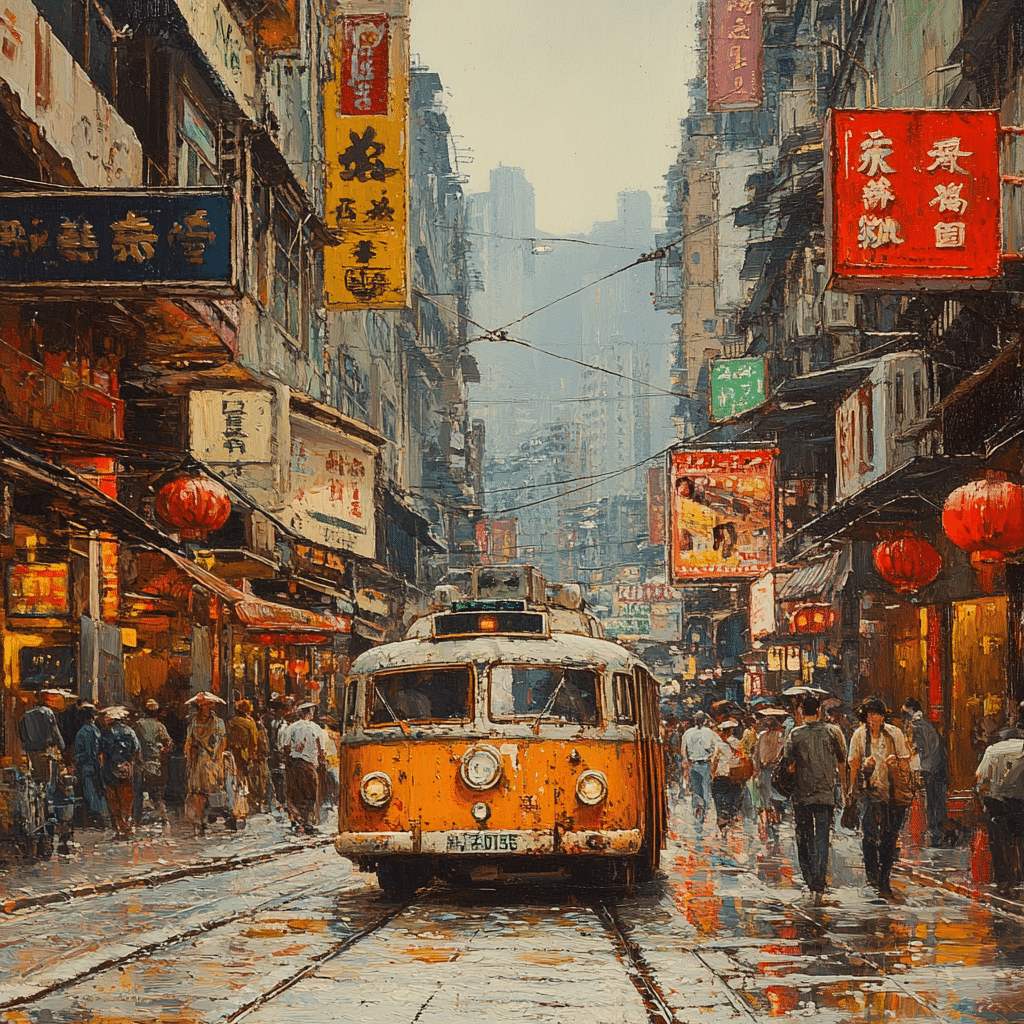
Is Hong Kong a part of China?
Yes, Hong Kong is a Special Administrative Region of China, but it maintains a high degree of autonomy under the 1984 Sino-British Joint Declaration and the Basic Law.
What is Hong Kong Chinese called?
The people from Hong Kong primarily speak Cantonese, a major dialect within the Yue Chinese language family.
Is someone from Hong Kong considered Chinese?
Yes, people from Hong Kong are considered Chinese citizens since the handover from Britain to China in 1997, but many see their identity as separate.
Is Hong Kong Chinese the same as China?
Hong Kong Chinese is often associated with Cantonese customs and language, which differs from the Mandarin spoken in mainland China.
Is Hong Kong under British or Chinese rule?
Hong Kong is under Chinese rule since July 1, 1997, when it was handed back from British control to China.
Why does China claim Taiwan?
China claims Taiwan largely based on historical and political factors, seeing it as part of its territory despite Taiwan’s self-governance.
Is Hong Chinese or Japanese?
Hong Kong is a Chinese territory, not Japanese, and its culture reflects a blend of influences, primarily from China.
Why does Hong Kong want to separate from China?
Many in Hong Kong feel a desire for greater autonomy from China due to political differences and concerns about their freedoms.
What is Hong Kong girl called?
A girl from Hong Kong can simply be referred to as a Hong Kong girl or just a local.
Am I Chinese if I’m from Hong Kong?
Yes, if you’re from Hong Kong, you are considered Chinese, as Hong Kong is part of China.
Is Hong Kong a citizenship country or China?
Hong Kong is a Special Administrative Region of China, meaning it’s not a separate country but has unique legal and administrative systems.
Are people in Taiwan Chinese?
People in Taiwan typically identify as Chinese, but many also view themselves as separate due to their distinct government and democratic system.
Is Hong Kong officially Chinese?
Yes, Hong Kong is officially considered part of China, but it has its own legal and political systems under the principle of “one country, two systems.”
What happens to Hong Kong after 2047?
After 2047, there are concerns about what will happen to Hong Kong’s autonomy, as that is the year the current agreement is set to expire, but future developments remain uncertain.
What does Hong mean in China?
“Hong” in Chinese can mean “great” or “prosperous,” and it’s part of the city’s name, reflecting its rich history.
Is Hong Kong seperate to China?
While Hong Kong is part of China, many residents feel a distinct identity, emphasizing their different experiences and values.
Why does Hong Kong have a flag?
Hong Kong has its own flag to represent its unique identity and status as a Special Administrative Region of China.
Why does Hong Kong have its own passport?
Hong Kong issues its own passports for its residents, allowing them to travel internationally, while still being recognized as Chinese citizens by the Chinese government.
Does US consider Hong Kong part of China?
Yes, the U.S. considers Hong Kong part of China, but it also recognizes its special status and has different policies for trade and other matters.

